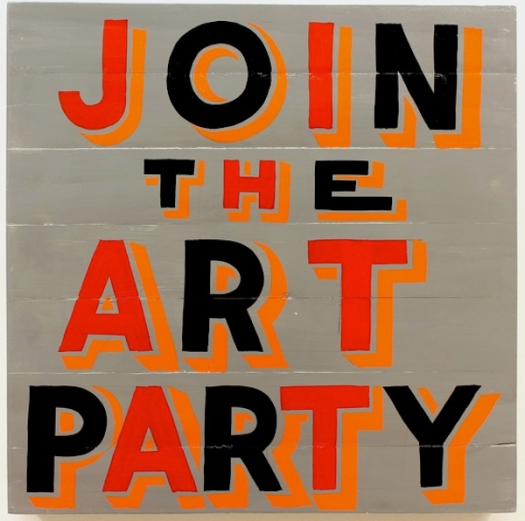By Zoe Buckton
If you turned on your TV on Tuesday morning, the chances are you weren’t expecting to meet the news of an impending general election. But alas, here we are, in the political minefield of 2017.
As students of literature and creative writing, it is our responsibility not only to react to the changing landscape of UK politics, but to inform it. Today we fear the rising tensions between North Korea and the US, we fear Donald Trump’s clear negligence of the working class, minorities and women of America, we fear the consequences of Brexit. But there comes a time when fear is simply not enough, concerns are not heard, and pessimism holds no impact.
News of the opportunity to vote on our leadership should be met with enthusiasm, rather than fatigue. This is a chance to change the way our country is headed, and potentially to sway away from the sort of politics we consistently see making cuts to the arts, cuts to the disabled, ramping up tuition fees and discussing mental health in regard to company productivity and the economy, rather than individual human beings.
When we study a text, we learn about the time that it was written in and what political events influenced the author. One day, students may well be reading our work and thinking about how Brexit, Trump, the Syrian refugee crisis and Chechnya’s LGBT concentration camps have impacted on our writing. Instead of letting the impact of these times on our writing be deciphered, make them clear. Make them stand for change. Use your platform to hold elected officials accountable for their actions, for their silent disregard of atrocities, of minorities, and of the arts which are so vital not only to us, but to those that will be affected by them.

Use your writing and literary criticism to show that change is needed. And make that change. Register to vote in the next election, and write, whether in allegory, article or essay. The arts are needed now more than ever.
Register to vote here: https://www.gov.uk/register-to-vote
